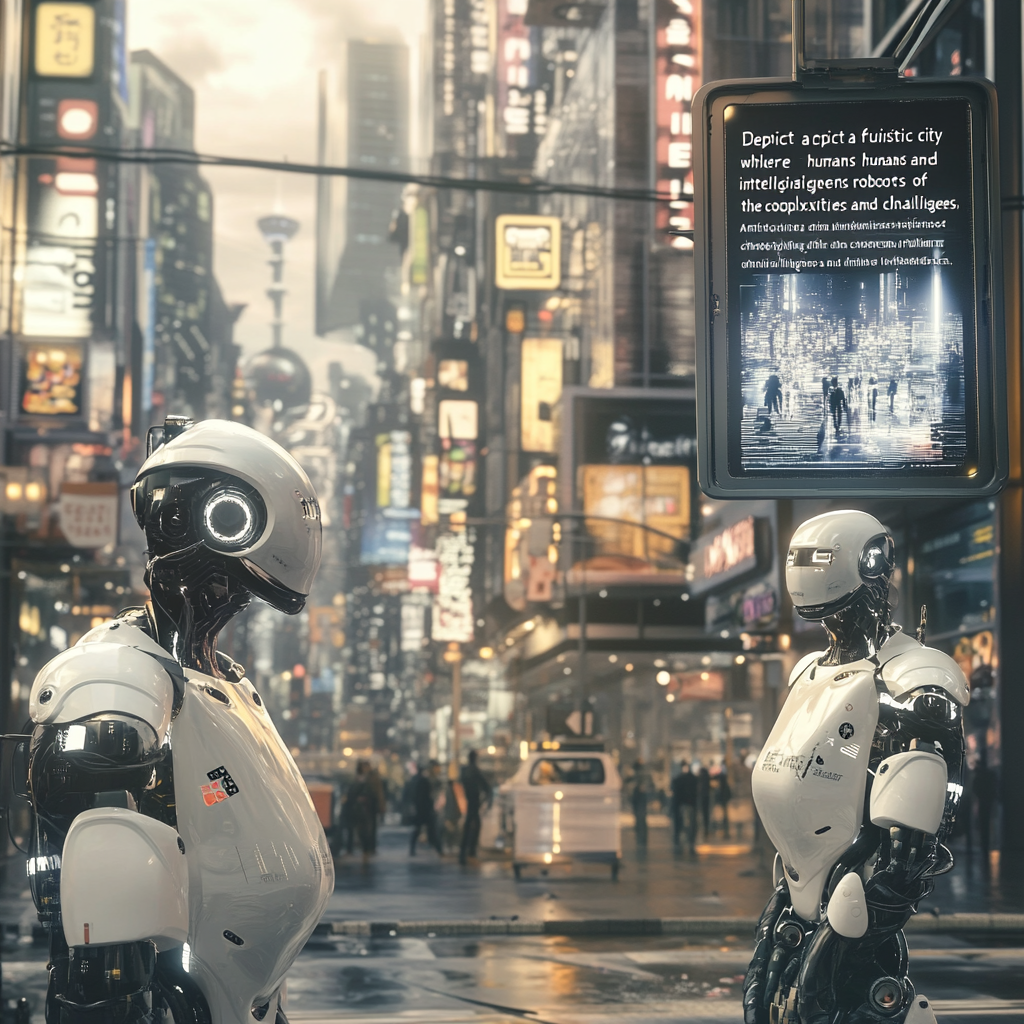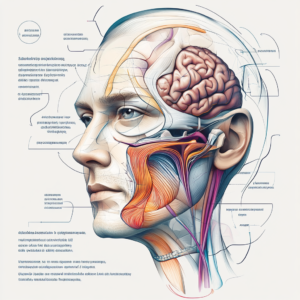
“Artificial General Intelligence: Far from an Inevitable Reality, Say Researchers”
Ah, the elusive dream of Artificial General Intelligence (AGI)—a concept that dances tantalizingly close to the imaginations of tech enthusiasts, philosophers, and futurists alike. Picture a silicon-based mind that can ponder profound questions, whip up gourmet recipes, or even dispense heartfelt advice just as well, if not better, than the average human. "It’s coming," they say. "Just you wait!" But hold your horses, dear readers. According to some researchers over at Radboud University, the reality is far less sexy and much more sobering. Far from the glamorous destiny painted by Silicon Valley prophets, true AGI may be more pipe dream than inevitable evolution.
Alright, let’s break this down a little. The researchers, led by Iris van Rooij—who clearly knows a thing or two about Computational Cognitive Science—are waving their flags of skepticism at the notion that AGI is just a hop, skip, and a jump away. Their message is clear and shrill: we might be hype-driven fools if we believe that we’re on the verge of creating machines that can think and feel like humans. If anything, they suggest, pursuing AGI with today's tech is akin to attempting to bake a three-tier fondant cake with nothing but a microwave and a gallon of spoons.
Why all the pessimism, you ask? One key issue is the technical limitations inherent to machine learning—our best tool in the AI toolbox. While these algorithms have come a long way, they're still not equipped to tackle the immense cognitive complexity exhibited by humans. Imagine chatting with someone and seamlessly recalling a conversation you had two years ago, or pilfering bits of knowledge from half your life ago to engage in an abundant dialogue. For us humans, it’s as easy as breathing. But for a future AI, this level of cognitive flexibility feels as remote as a vacation on Mars.
Van Rooij explains this beautifully: “You can’t just pop a couple of memory chips in a computer and expect it to function like a human brain. It’s about the depth of understanding, the knack for relevance, and the ability to weave past experiences into current conversations.” That’s right, computers, as smart as they may get, still lack the nostalgic cache of our collective memories. Talk about throwing away the key to the treasure!
Now, let’s dig deeper into the resource quagmire. Olivia Guest, another brainy force on this research project, throws a metaphorical bucket of cold water on the AGI flame by pointing to sheer computational demands. You thought your laptop was groaning under the pressure of your 367 open browser tabs? Imagine trying to power a machine that could mimic human intelligence! According to Guest, the dark irony is that by the time we ‘might’ get closer to AGI, we’d likely exhaust all our natural resources well before we scrape the surface of human-level cognitive capacity.
It’s times like these we’ve got to pull out our critical thinking hats, especially when it comes to AI claims that make the corporate world salivate. The researchers implore us to develop a healthy level of skepticism toward the flashy promises sprouting from tech giants. You know, the same companies that keep insisting that the latest gadget will transform life as we know it. Van Rooij puts it bluntly—why should we instantly trust the altruistic promises of companies motivated by profit?
"If a shady startup claims to sell you a magic pill for happiness, you'd laugh, wouldn’t you? Then why are we so eager to throw credence at every bold claim from big tech when they dangled in front of us their golden carrots?” It’s a fair point, one that resonates just as powerfully as a chocolate fountain at a wedding reception. While we’re all for innovation, jumping in uncritically can lead to heartbreak and disillusionment. After all, we don’t want our museum of hopes to be filled with relics of unfulfilled promises.
In closing, the pursuit of AGI is a tantalizing thought—one that flirts whimsically with our aspirational visions of the future. Yet, as the dedicated researchers at Radboud University have shown, the barriers we face are not easily surmountable. They delve far deeper than the code running on our machines; they challenge the very essence of what it means to think, feel, and connect. So, let’s pause, reflect, and hold our excitement in check as we forecast the road ahead.
And now, dear readers, as you embark on your own journeys through the wondrous world of AI and its many potentialities, I invite you to stay informed. Keep that skeptical spirit in check, nourish your critical thinking, and keep questioning what lies beneath the surface of technological hype.
Want to stay up to date with the latest news on neural networks and automation? Subscribe to our Telegram channel: @channel_neirotoken
Because remembering the humbling complexity of our own minds is essential when navigating the kaleidoscope of artificial brilliance that promises so much but may deliver so little.

